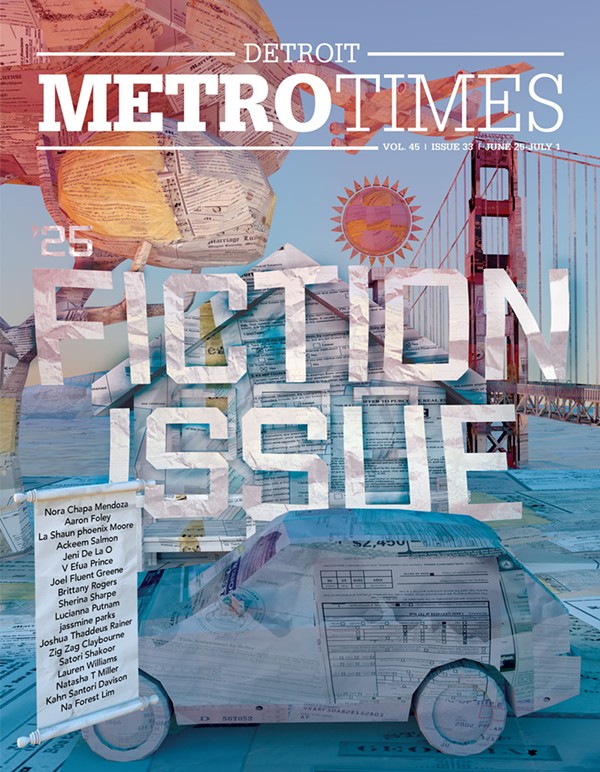Mayor Duggan gains bipartisan support but lags behind top candidates in governor’s race
The Detroit mayor’s biggest hurdle is name recognition outside of the metro area

Audio By Carbonatix
[
{
"name": "GPT - Leaderboard - Inline - Content",
"component": "35519556",
"insertPoint": "5th",
"startingPoint": "3",
"requiredCountToDisplay": "3",
"maxInsertions": 100,
"adList": [
{
"adPreset": "LeaderboardInline"
}
]
}
]

Detroit Mayor Mike Duggan’s campaign for governor is showing signs of drawing bipartisan support, but he still trails leading Republican and Democratic candidates statewide, a new poll shows.
According to a survey released Tuesday by the Detroit Regional Chamber, Duggan, who is running as an independent, is winning a substantial share of votes in metro Detroit and appealing to both Democrats and Republicans. However, his support drops sharply outside the region, where his name recognition and favorability ratings lag far behind his rivals.
Duggan’s campaign touted the poll results as evidence of his cross-party appeal.
“The numbers keep showing us that Michigan is ready for a new kind of governor, an Independent leader who is focused on delivering results for people and not divisive party politics,” Duggan said in a statement. “I’m running as an Independent because improving our education system, creating good-paying jobs to keep our young people in the state, and investing in public safety shouldn’t be partisan issues. That’s just simple common sense.”
The poll found that Duggan’s name identification is 86% in metro Detroit, compared to just 31% outside of the area. His favorability rating in metro Detroit is 54%, significantly higher than Democratic frontrunner Jocelyn Benson (32.6%) and Republican frontrunner John James (32.3%).
Statewide, however, Duggan’s name recognition and support trail. Among registered voters, Benson leads with 34.5%, James follows closely with 34%, and Duggan garners 21.5%, with 9.4% undecided.
Duggan’s support in metro Detroit leads his rivals in that region, with 35.8% compared to Benson’s 33% and James’s 23.9%. But outside the region, Duggan’s numbers plummet. In those matchups, he secures only about 9% of the vote, trailing James at 43% and Benson at 35.9%.
What makes Duggan’s campaign unusual is that he appears to draw support almost equally from Democratic and Republican voters. The poll showed that among strong Democrats, 15.2% said they would vote for Duggan, compared to 80.3% for Benson and 1.5% for James. Among strong Republicans, 12% back Duggan, with 81.3% supporting James and 0.5% supporting Benson. Among independents, Duggan leads with 39.1%, compared to 17.3% for Benson and 14.5% for James.
Duggan’s favorability ratings also show bipartisan support. Among strong Democrats, 30.3% view him favorably, while 24% of strong Republicans share that view. However, nearly half of Republicans and independents said they had never heard of him.
While Duggan’s bipartisan appeal is unique, he remains far behind his rivals in statewide recognition and support. Outside of metro Detroit, his name recognition is 35.7 percentage points lower than Tudor Dixon, who ran for governor in 2022, and more than 30 points lower than both Benson and James.
Duggan’s campaign acknowledged the challenge.
“This early poll, conducted more than a year ahead of the election, proves what we’ve known all along: Duggan must build his name ID beyond Southeast Michigan. Once those voters get to know him, both Democrats and Republicans are inclined to support him,” the campaign said in a statement.
The chamber’s data also shows the deeply polarized nature of the race. While Duggan draws support across party lines, Michigan’s political landscape remains divided, with voters’ views shaped as much by partisanship as by the candidates themselves.








